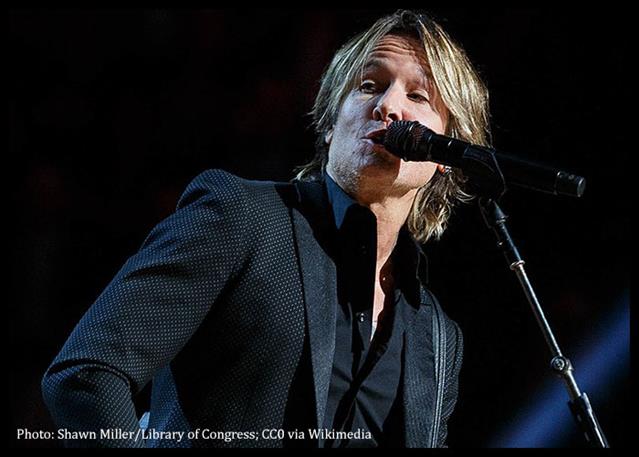
The Consumer Financial Protection Bureau has proposed a rule to curb excessive overdraft fees charged by major financial institutions in the U.S.
The Rule would require the nation’s largest banks to apply longstanding consumer protections, including interest rate disclosures to overdraft loans.
An outdated loophole had exempted overdraft lending services from implementing provisions of the Truth in Lending Act and other consumer financial protection laws.
For decades, very large financial institutions have been able to issue highly profitable overdraft loans, which have garnered them billions of dollars in revenue annually. Under the new proposal, large banks would be free to extend overdraft loans if they complied with longstanding lending laws, including disclosing any applicable interest rate. Alternatively, banks could charge a fee to recoup their costs at an established benchmark – as low as $3, or at a cost they calculate, if they show their cost data.
The proposed rule would only apply to banks and credit unions with more than $10 billion in assets.
Approximately 175 largest depository institutions in the country will come under this category, according to CFPB.
These institutions typically charge $35 for an overdraft loan, even though the majority of consumers’ debit card overdrafts are for less than $26, and are repaid within three days, the Bureau said in a press release.
Around 23 million households are currently paying overdraft fees annually. The CFPB estimates that the new rule may save consumers $3.5 billion in overdraft fees per year, and the potential savings translating to $150 per household.
When a bank clears a check and the consumer doesn’t have funds in the account, the bank is issuing a loan to cover the difference. The Federal Reserve Board created an exemption to Truth in Lending protections if the bank was honoring a check when their depositor “inadvertently” overdrew their account. At the time, this was used infrequently and there was a modest cost.
However, with the widespread use of debit cards, institutions began raising fees and using the exemption to churn high volumes of overdraft loans on debit card transactions. In 2022, Wells Fargo and JPMorgan Chase accounted for one-third of overdraft revenue reported by banks over $1 billion.
CFPB said the proposed rule would require very large financial institutions to treat overdraft loans like credit cards and other loans as well as to provide clear disclosures and other protections.
In a statement welcoming the move, President Joe Biden said, “Banks have charged exorbitant overdraft fees — sometimes $30 or more — that often hit the most vulnerable Americans the hardest, all while banks pad their bottom lines. Banks call it a service — I call it exploitation”.
He accused Republicans in Congress of continuing to defend these exploitative fees.
Copyright © 2024, RTTNews.com, Inc. All Rights Reserved.
















